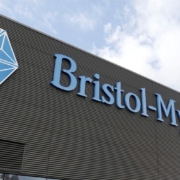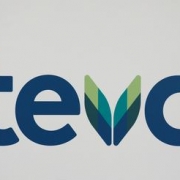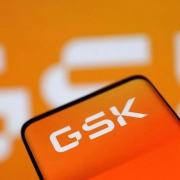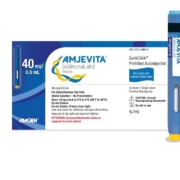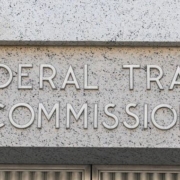FTC’s challenge to Amgen-Horizon merger sparks industry attention
FTC’s challenge to Amgen-Horizon merger sparks industry attention
Published: Jun 07, 2023
By Lisa Munger
BioSpace
Amgen’s acquisition of Horizon Therapeutics, announced as the largest biopharma buyout in 2022, is facing delays in its closure timeline. Initially targeting the first half of 2023, the companies now aim to complete the deal by mid-December due to a lawsuit brought by the Federal Trade Commission (FTC) in May.
The lawsuit alleges that Amgen could exploit its drug portfolio to reinforce the monopolistic positions of Horizon’s Tepezza for thyroid eye disease and Krystexxa for gout treatment, as there aren’t many competitors in the space.
The FTC highlighted Amgen’s alleged history of drug “bundling” in payer negotiations.
Bundling is when a pharma combines multiple medications into a single package offered to health plans and pharmacy benefit managers, who compile lists of covered medicines for insurance purposes. However, this practice has raised concerns in the past, as there is a risk that a drug company may unfairly provide larger rebates for bundled products, aiming to secure advantageous formulary positions. The FTC is therefore challenging the merger.
Amgen, however, has stated that it will not employ such a strategy with Horizon’s drugs.
Noah Brumfield, an antitrust attorney and legal expert with Allen & Overy, told BioSpace the FTC’s suit is unusual.
“The FTC action is a curious one when you consider what [the FTC is] alleging,” he said. “They are saying that there is no competition between the parties and no supply-chain relationship, yet their combination would violate the antitrust laws. That’s a pretty novel approach when you consider the standards the courts apply to merger challenges. You’d have to go back to the 1960s to find an example of the U.S. antitrust agencies pursuing a similar theory that a larger portfolio of therapeutics could be anti-competitive.”
On May 16, a federal court placed a temporary restraining order, preventing the companies from proceeding with the deal before September 15. This date has been extended until October 31, the second business day after the court rules on the FTC’s preliminary injunction request.
If that request is denied, the current litigation schedule will allow the acquisition to be finalized by the end of the year, Amgen stated in a Monday filing with the Securities and Exchange Commission. Both parties will present their arguments during an evidentiary hearing beginning on September 11.
What the FTC Lawsuit Could Mean for the Industry
The FTC faced pressure in early 2023 when U.S. Sen. Elizabeth Warren (D-Mass.) wrote a letter to the regulator calling for a thorough examination of the large merger. Specifically, Warren raised concerns about the increasing consolidation within the biopharma industry and its implications for drug affordability and accessibility in the country.
“Given these companies’ records of anti-competitive business practices, these acquisitions could cause further price increases on lifesaving drugs and prevent affordable alternatives from entering the market,” Warren wrote in January. “The FTC should carefully scrutinize these deals and oppose any Big Pharma acquisition that will threaten competition, reduce innovation, or increase costs for American families.”
Omar Ochoa, founding attorney of his namesake law firm, told BioSpace that Warren’s letter likely pressured the FTC to take atypical action in this litigation. He predicted that the FTC faced a tough climb to win its action, as there is no legal precedent, and if the court ruled in its favor, it would forecast potentially troubling news for biopharma.
“The argument here is not so much about the price increase because, in all likelihood, that’s not what will occur,” he said. “It’s more of a market share argument. It’s just so different than what the FTC usually argues and what is usually the concern of an alleged monopoly.”
Brumfield said it’s too early to say for sure, “but the FTC’s pursuit of this novel theory should remind companies that the agencies today are exploring out-of-the-box legal theories, and they are not afraid to test those theories in court. Given the tremendous attention to life sciences and the increased role of biopharma, it is only natural for that scrutiny to be greater in this industry.”
SVB Securities analysts, after holding a conference call with key opinion leaders, recently wrote to clients expressing their belief that the FTC is unlikely to succeed in its litigation, according to a report by Seeking Alpha.
Although Amgen did not respond to BioSpace’s inquiries for comment on this story by the deadline for publication, company representatives have remained publicly optimistic about the deal’s closure by mid-December. In a May 16 statement, the company emphasized the potential benefits for patients with rare diseases worldwide through the collaboration of Amgen and Horizon.
Based on the court’s estimate of when it will decide on the case, the mid-December date may be optimistic, Ochoa said, but it’s possible.
“It’s setting up an evidentiary hearing under preliminary injunction questions for September,” he said.
Source: BioSpace


